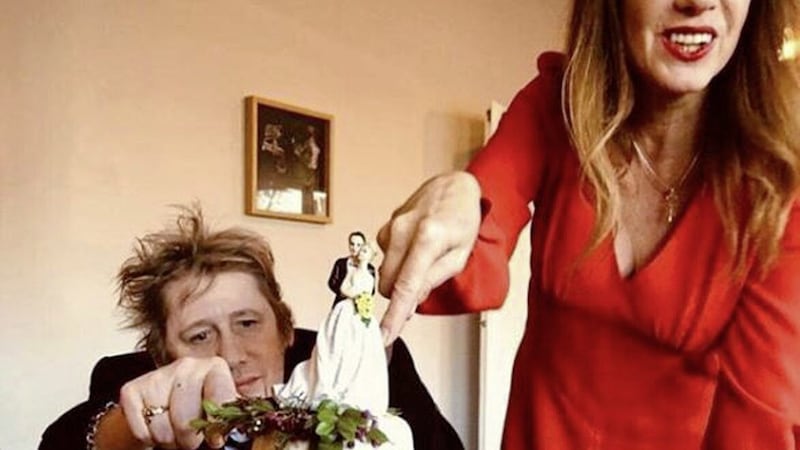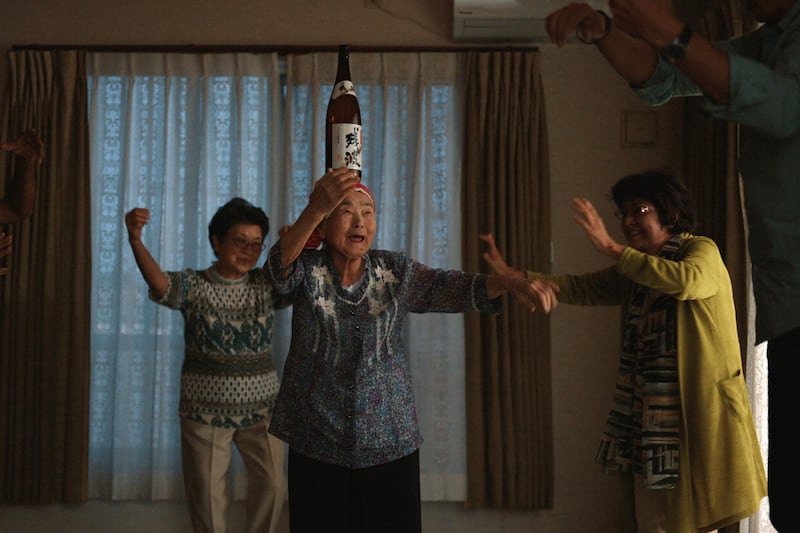Sanditon, UTV, Sunday at 9pm
TV period drama has a number of prerequisites.
There must be a grand, stately home - check, Sanditon House.
Two, there must be a grumpy, but secretly warm-hearted, dowager - check Lady Denham.
Three, our hero is pretty, but of solidly middle class stock - check, Charlotte.
Finally, there should be an attractive rogue (Sir Edward Denham) but also the real love interest in an earnest, deep, but difficult man - check, Sidney Parker.
Sanditon is based on an unfinished Jane Austen novel about an entrepreneur, Tom Parker, who dreams of creating the "finest seaside resort in the whole of the south coast".
It's before the arrival of the railways and the Victorian attraction to the seaside, so Parker is relying on a touch of London glamour to bring the crowds.
He's also relying on the investment of Lady Denham who expects, and has been promised, a healthy return from her investment.
Parker, who is helped by Charlotte's family after his carriage overturns on a bumpy country track, invites the young woman (her father declines the invitation on the basis that he never travels more than five miles from his home) to Sanditon.
She is immediately dropped into a world utterly at odds from her respectable country community.
Here, strangers mix and the opportunities and dangers of "marrying well" or badly are multiplied.
Key to Parker's plans are that his dashing and well connected brother, Sidney, will bring a slice of London society to Sanditon for the inaugural season ball.
Charlotte has, however, already been spotted by the dowager's nephew, Sir Edward Denham.
Lady Denham immediately warns Charlotte that he is not to be trusted and we learned within episode one that he may be having an incestuous affair with his step-sister and that he is using his power to pressure another young lady without means to perform sexual favours.
Unfortunately for Charlotte, her first encounter with Sidney goes badly when trying to appear sophisticated and insightful, she manages to insult his family.
Sanditon, then, has all the requisites of a period drama success and performed excellently against the new series of Peaky Blinders on Sunday evening, with 3.3 million viewers compared to Peaky Blinders 3.7 million.
It's aimed squarely at the Downton market and is unashamedly ticking all the necessary boxes.
There's nothing new or interesting here, but period drama fans will love it.
****
The Rose of Tralee, RTE 1, Monday and Tuesday
Sticking to the tried and trusted has served The Rose of Tralee well for 60 years.
Dáithí Ó Sé has been the compère for a decade already and was back this week with another 32 'roses' from the world of the Irish diaspora.
The Rose of Tralee was never entirely a beauty contest and that's probably what has saved it.
It seems to fit better into the kitsch world of Eurovision where everyone accepts it's just a bit of harmless fun.
How else to explain RTE giving over two nights to a show which forbids married women or contestants over the age of 29 and then gets the contestants to parade on stage in evening dresses, trying to impress us with songs and party pieces?
My vote went to Ohio rose, Danielle Goebel who demonstrated a novel way of removing a wine cork without an opener.
Put the wine bottle, base first, inside a boot and then bash the sole of the boot off the side of a table until the cork pops out.
Remarkably, this didn't win her the title, with Limerick rose Sinéad Flanagan crowned the Rose of Tralee.
Much like the Eurovision, nobody really knew why.








